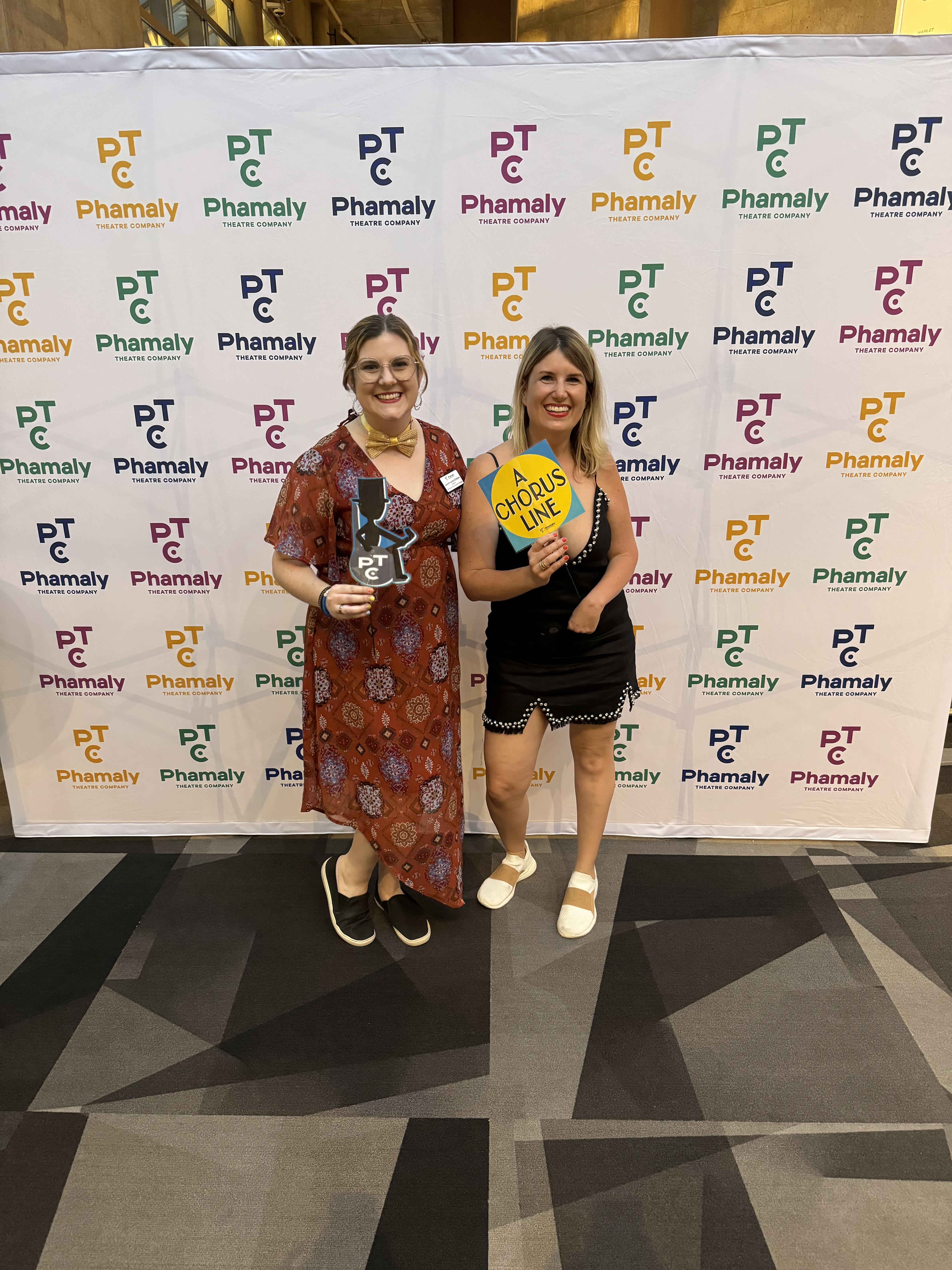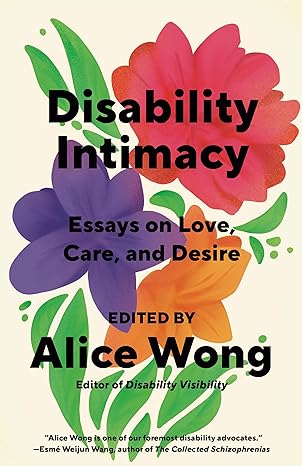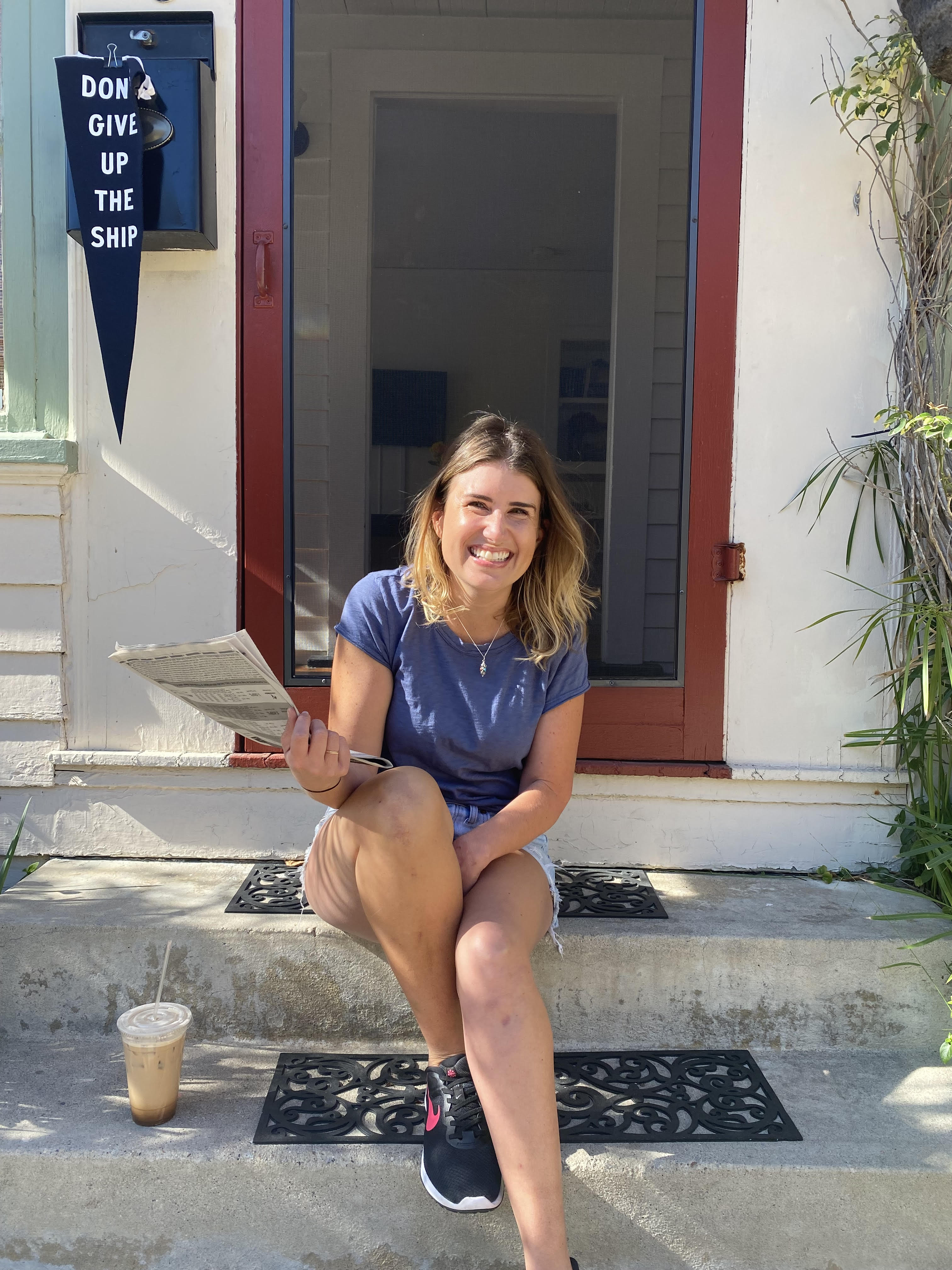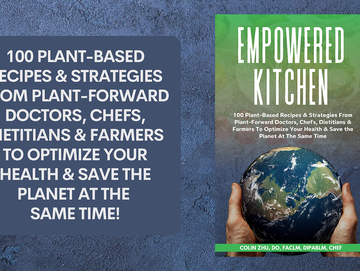by Sean Colligan
Whether online or in person, there’s no escape from modern dating discourse. But amidst all the anymosity and clickbait, there are few who are willing to earnestly discuss the relationships and dating lives of those with disabilities. Dating “Disability” author Emily Goodson wants to change that.

After growing up with a life-changing disability, most of Emily’s career has been working to create better professional spaces for those who face similar challenges. Even while preparing "Dating Disability" for publication, Emily is still finding opportunities to advocate. She spoke to Publishizer from Colorado, where she travelled to meet with Phamaly Theatre Company in Denver. The group, which formed even before the American Disabilities Act was established, is a theater company made up entirely of performing artists with disabilities. Her goal is to write about Phamaly and draw some well-deserved attention to their work.
“They have a new production of A Chrous Line which was absolutely amazing,” Emily says, “and I’d really like to get them some national exposure.” Besides a chance to reconnect with her inner theater kid, Emily’s time with Phamaly also served as a reminder of why this work is so important to her. “I think back to myself as a little girl, and if I had seen people who walked the way that I do on stage, I think that would have made a big difference.”

When Emily was 8 years old, she suffered a brain injury that left her partially paralyzed on the left side of her body. After months of therapy she was able to walk again with a limp, but was left with limited use of her left arm. And for a good part of her recovery, she also lost her ability to speak.
“They did not expect that to happen, because they were operating in a part of the brain that doesn’t control speech. Our best guess, or my best guess at least, is that the experience was probably so traumatic that my speech center just kind of shut down.” This meant that in order to communicate, Emily had to use some unorthodox methods.
“Some family friends put together a foam board with letters and some phrases like ‘I want to go outside’, ‘I want to go to the bathroom’, ‘I want a drink’.” While she recalls the thoughtfulness of the gesture now, at the time she made it clear how frustrated she felt after her injury. She didn’t need to speak to make it known.
“One of my biggest memories is sitting there in the bed with the board trying to spell something, and just very quickly hitting [the letters] so fast that my family couldn’t follow it. Thankfully I worked with a speech therapist, and the speech came back the quickest. But I do know what it’s like to not be able to communicate and to not have people understand you, and a lot of people struggle with that.”
Emily has since made up for lost time, sharing her stories and speaking out about her experiences. In fact, shortly after recovering from her injury, she embraced a passion that provided her a more enjoyable interaction with letters.
“I did a lot of writing as a child. I think that was just naturally something I enjoyed. As I progressed into adulthood that was something I really turned to to help me with my mental health and with figuring out my identity.”
Before Dating “Disability”, Emily’s most widely-known piece of writing was an article featured in the LA Times in 2022. In unsparing detail, she wrote about the painful difficulties of her dating life as a woman with a disability, from the taunts of her classmates to the heartbreaking rejections she faced after baring her feelings.
Despite her best efforts, Emily has yet to have a serious romantic relationship. While she may not be alone in the struggles of dating, her unique circumstances make her particularly alienated. At least, that’s what she thought before her article was published.
“The response I got to that article was personally overwhelming, in the sense that it helped so many people across all genders, orientations, abilities. I truly believe that this subject of dating and disability is not talked about.”
 Emily is a big fan of Alice Wong’s recently released collection of essays, Disability Intimacy, and cites it as a great example of how these relationships can be honestly depicted. But in her own book, she aims to take a step beyond awareness and into action.
Emily is a big fan of Alice Wong’s recently released collection of essays, Disability Intimacy, and cites it as a great example of how these relationships can be honestly depicted. But in her own book, she aims to take a step beyond awareness and into action.
“I really want to help people not go through the shame and pain that I went through. Seeing the response to the LA Times article, I knew I needed to write a book.” Through her work, Emily also found another source of inspiration for her writing. “I genuinely am very motivated by the next generation. There are several children who have disabilities whom I’ve met through various avenues. I think of them, and I don’t want them to experience any of the shame I experienced.”
Dating “Disability” is an expansion of the topics and experiences Emily wrote about in her LA Times article. Or rather, it’s more of the story that was left out, as the article was cut from roughly a 10,000-word draft down to about 500. But delving into those parts of her life for the book proved a challenging, years-long endeavor.
“For the first three years it was very emotional to write about, because it was reliving a lot of pain from my childhood. It was reliving a lot of disappointment from relationships that didn’t go the way I wanted them to go, reliving some rejection, and that’s not fun. But when I write about it now, it’s much easier.”
Emily found her writing work less daunting after approaching these experiences from a novel perspective.

“I like to think of myself in terms of ‘iterations of Emily’. When I started writing this book, I was Emily 2.0, and she behaved a certain way, was able to communicate about her emotions a certain way, lived in California, etc. Emily 4.0 is where I feel like I’m at now. She lives in New York, and she’s very transparent with people about how she feels about them when it’s appropriate. When I write about myself it’s helpful to think of it that way, because it’s almost like I’m writing about a character. I’m not writing about myself, because I’m so different than I was yesterday, let alone two years ago.”
Through her experiences, Emily has learned to master her emotional intelligence skills in all aspects of her life, including dating. For her, emotional intelligence is mainly composed of self-awareness, “being aware of what’s going on inside you”, and self-management, “figuring out how to manage that.” To elaborate, she draws from a recent example.
“I was recently on the phone with someone who I have romantic feelings for, and the content of the conversation became very chaotic and upsetting to me for a number of reasons. At the moment, all I could say was, ‘We’ve gotta stop. I cannot talk about this right now. I cannot handle this right now.’ I was self-aware enough to know that bubbling up inside of me was this [sense that] ‘I can’t handle this, there’s too much going on right now in this relationship.’ In the moment, that was my way of managing it. But where I was really proud of myself was the next day. I sent a text and said, ‘The next time we talk, it would really help me if we went about this a different way, and here’s how.’”
For Emily, these interpersonal skills involve intimacy, which she argues affects all our relationships, not just romance.
“Because historically, societally, we’ve had this very narrow definition of ‘intimacy’, I think it’s something that people shy away from when thinking about workplaces. But the truth is, an intimate relationship is a close relationship that you have with somebody. That could be a friend, it could be a colleague.”
While Dating “Disability” focuses a great deal on romance, Emily also provides perspective from years of experience building HR departments to also explore healthy intimacy at work.
“Workplaces are very intimate. People bring in everything that’s happening in their personal lives, whether they talk about it or not. I’ve had to have very intimate conversations with people who’ve experienced the death of a loved one, who are going through abusive relationships, who are having drug & alcohol issues. All of these things are brought into workplaces. Some of that is the relationship between an HR professional and an employee, but sometimes if you have a friend in the workplace, you may be having conversations about that. To me, it really boils down to communication and emotional intelligence skills. I teach those in workplaces now, and I try to live them in my personal relationships, whether that’s friendship or romance.”
Readers can expect to find tips for developing their own emotional toolkits to become a better colleague, friend, boss, family member, partner, or all of the above in Dating "Disability".
Comparable to other industries, Emily sees publishing as lacking in representation for authors with disabilities. This led to her decision to crowdfund her first book through Publishizer.
“I was drawn to the platform because I think it is disrupting an industry that needs disrupting, and it’s making a complicated industry more transparent. Whether it’s book publishing, or projects in Hollywood, television, film, it’s hard for underrepresented and marginalized voices to be heard and seen. When I investigated the traditional publishing route I was told, ‘you’re not gonna publish something until you have millions of followers, or you have a TV show’. And I don’t feel like that’s fair, because I think my voice deserves to be heard. I’ve submitted hundreds of article pitches that have never gotten picked up, and that’s fine, that’s part of the process. But I like Publishizer because it truly is leveling the playing field, in the sense that it’s giving people the opportunity to put their ideas out there. I really like that it’s democratizing the process.”
It’s still uncertain which lucky publisher will successfully court Dating “Disability”, but either way, Emily and Publishizer have already proven a great match.
Check out Emily's Dating "Disability" pre-order campaign!
Questions? Please email us at hello@publishizer.com


